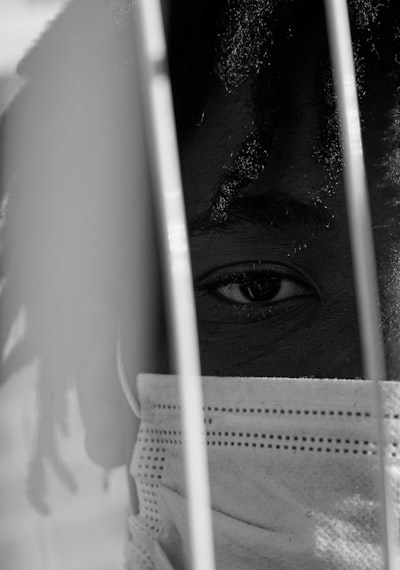Definition
Torture and sexual violence as methods of political repression refer to the deliberate infliction of physical, psychological, or sexual harm by state or non-state actors with the intent to intimidate, silence, or punish individuals or groups perceived as threats to political power. These practices are internationally recognized as grave violations of human rights.
Historical Context
Throughout East African history, various governments and security agencies have faced accusations of employing torture and sexual violence to suppress dissent, control opposition, and enforce authoritarian rule. While such abuses are not unique to the region, their persistence has been a subject of concern for human rights organizations globally. Notable periods marked by heightened political repression include the regimes of Idi Amin in Uganda, the latter years of Daniel arap Moi in Kenya, and during election cycles or periods of civil unrest in Tanzania and other neighboring states.
Forms and Methods
Torture in political contexts may include physical assault, electric shocks, suspension in stress positions, deprivation of food and medical care, forced nudity, and psychological intimidation. Sexual torture encompasses a range of acts such as rape, genital violence, insertion of objects, enforced nudity, and threats of sexual abuse. Victims often report humiliation, pain, prolonged trauma, and severe health consequences.
Legal Framework
International law prohibits torture under instruments such as the United Nations Convention Against Torture (UNCAT), the African Charter on Human and Peoples’ Rights, and domestic constitutions and legal systems of East African countries. Notwithstanding these legal prohibitions, challenges remain in enforcement due to political interference, weak judicial independence, and fear of reprisal among victims.
Reporting and Prosecution
Victims of political torture and sexual violence frequently face barriers in accessing justice due to stigma, intimidation, insufficient support systems, or lack of confidence in the impartiality of law enforcement and the judiciary. Regional and international mechanisms, such as the African Court on Human and Peoples’ Rights and the East African Court of Justice, provide avenues for redress, particularly when domestic options are exhausted or ineffective.
Impact on Society
The use of torture and sexual violence as political tools erodes public trust in state institutions, perpetuates cycles of fear and silence, and undermines the rule of law. Survivors may suffer long-term physical and psychological harm, while broader communities are dissuaded from participating in civic or opposition activities.
Prevention and Advocacy
Efforts to combat political torture and sexual violence include legal reform, rigorous monitoring by civil society organizations, survivor support services, and international advocacy. Institutional reforms—such as independent oversight bodies, transparent investigative procedures, and victim protection programs—are recommended for ensuring accountability.
Global and Regional Response
The international community, including human rights organizations and multilateral bodies, continues to monitor and report on abuses, pressuring governments to comply with human rights obligations. Recent high-profile cases, advocacy by survivors, and legal actions have contributed to increased visibility and calls for reform in the region.
See Also
- Human Rights in East Africa
- United Nations Convention Against Torture
- Sexual Violence in Conflict
- Transitional Justice and Accountability Mechanisms
References
- United Nations. (1984). Convention Against Torture and Other Cruel, Inhuman or Degrading Treatment or Punishment.
- African Commission on Human and Peoples’ Rights. (1981). African Charter on Human and Peoples’ Rights.
- Amnesty International. (Annual). “East Africa: State of Human Rights.”
- Human Rights Watch. (Annual). “World Report: Sub-Saharan Africa.”

Comments
No comments yet. Be the first to comment!